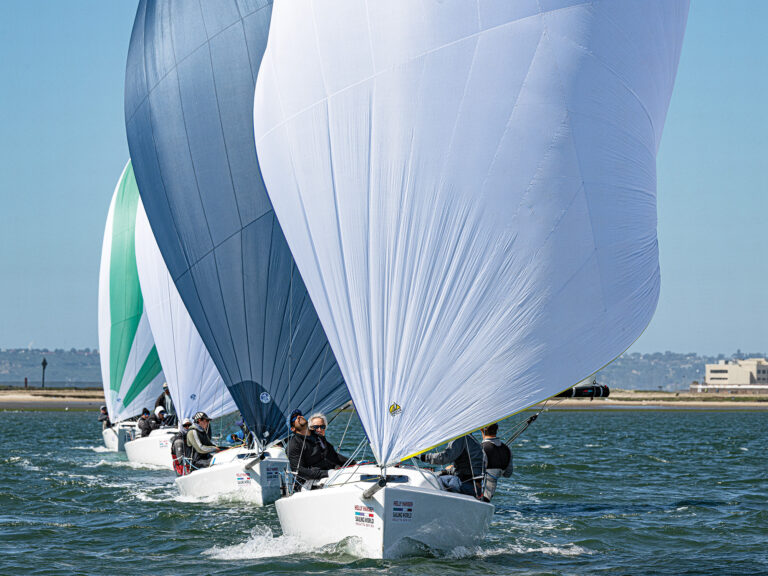The backbone of organized sailing and sailboat racing has long been the yacht club. No wonder-clubs have hundreds of great waterfront facilities from which to launch recreational boating, instruction, and social activities. Historically, most clubs operate as private institutions out of sight of the public eye, but as waterways and adjacent lands become more coveted, local governments are reviewing waterfront usage. Many clubs find little civic support for their activities, especially when they’re confronted by intrusive policies and regulations because they have little connection with the community at large. For some clubs, which lease their land from local municipalities, this problem has become life threatening. Many yacht clubs have already recognized that they must better serve their communities and they’re taking steps to ensure their long-term viability. While survival may be the underlying motive, these new policies are often changing clubs for the better. Clubs must first recognize that they need to place a priority on becoming an essential member of their community. Even though rosters at many U.S. yacht clubs are full, a review of membership criteria is in order. Members should be people who are participants on the water and want to contribute to club activities. Private clubs must be inclusive of everyone with a sincere interest in the water. Yacht clubs should reach out and help communities to improve the environment, healthcare, education, and public access to the waterfront. This can be done by supporting charity events like the Hospice and Leukemia Cup Regattas, taking part in community initiatives to clean up local waters or improve boating safety, and introducing people to the fun of recreation on the water. Hosting major international and national events helps build stature in the community. Yacht clubs should seek out major events, work to run first-class regattas, and then include the community. For example, you can encourage government leaders to participate at opening ceremonies. You can also take people on the water to spectate and attend award ceremonies to further broaden the appeal of big events. There’s nothing like international flags flying along the street to build pride. The Annapolis YC hosted the Star World Championship complete with opening ceremonies in which flags were raised honoring all 27 countries represented. Major events were held in the State House and on the city dock, and they were open to the public. The yacht club spent three years planning the event, and it paid off. The negative stigma that “yachting” is a “rich man’s sport” has been difficult to overcome. Many organizations have chosen to drop the use of the word “yacht” in favor of sailing. Note the example set by the International Sailing Federation (formerly International Yacht Racing Union) and US SAILING (formerly the United States Yacht Racing Union). Even the Olympics now refers to our sport as sailing, not yachting. To most people, sailing is more apt to be defined as more of an athletic and recreational activity. Still, I believe yacht clubs can become known locally for their good works without taking the “yacht” out of their names. Many clubs help community groups such as schools, scout troops, and youth organizations gain access to the water. Many also invite non-member youngsters into their junior programs. And other clubs allow high school teams to practice at their facilities. You don’t have to wait for a world championship to come to town to highlight achievements. When local junior sailors perform well, for example, take the opportunity to honor them. These occasions present real opportunities, not only to put the spotlight on sailors and sailing, but also to include community leaders. A club’s board of directors and committees must agree on a philosophy of community outreach. As club activities with the community evolve, it’s important to build good public relations through such efforts as a periodic meetings with local newspaper editors. Keep in mind that the club’s philosophy should be part of any club communications, such as in newsletters and on websites. The strength of any yacht club is its membership, geographic presence, clearly defined goals, and stature in its community. By establishing carefully thought-out priorities, a yacht club can not only survive but thrive as a significant contributor. At the same time, its success as an organization that promotes sailing will naturally increase.









